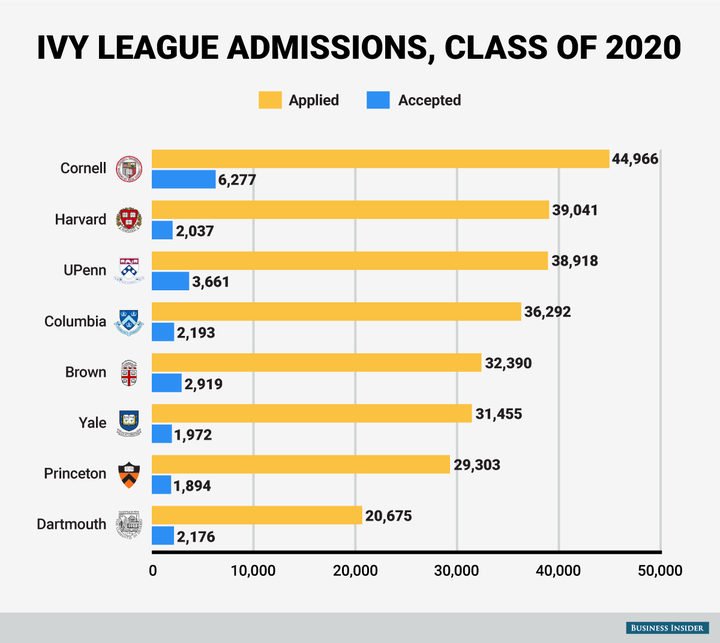"Navigating the Challenges of Private Student Loans: Essential Tips for Borrowers"
#### Understanding Private Student LoansPrivate student loans are financial products offered by private lenders to help students cover the costs of their ed……
#### Understanding Private Student Loans
Private student loans are financial products offered by private lenders to help students cover the costs of their education. Unlike federal student loans, which are backed by the government, private loans often come with varying interest rates, repayment terms, and eligibility requirements. As such, they can be a crucial resource for students who need additional funding beyond what federal aid can provide.
#### The Importance of Researching Private Student Loans
Before committing to any private student loan, it is vital for borrowers to conduct thorough research. This includes comparing interest rates, fees, and repayment options from different lenders. Some private loans may offer fixed interest rates, while others have variable rates that can fluctuate over time, impacting the total cost of the loan. By taking the time to understand the terms and conditions of each loan, borrowers can make informed decisions that align with their financial situations.
#### Interest Rates and Fees

Interest rates on private student loans can vary significantly, often influenced by the borrower’s credit score and financial history. Borrowers with higher credit scores may qualify for lower rates, while those with lower scores might face higher costs. Additionally, it’s crucial to be aware of any associated fees, such as origination fees or prepayment penalties, which can add to the overall expense of borrowing.
#### Repayment Options and Flexibility
One of the key factors to consider when evaluating private student loans is the repayment options available. Some lenders may offer flexible repayment plans, allowing borrowers to choose between immediate payments, interest-only payments, or deferred payments while still in school. Understanding these options is essential, as they can significantly affect a borrower’s financial burden after graduation.
#### Loan Forgiveness and Discharge Options

Unlike federal student loans, which may offer forgiveness programs under certain conditions, private student loans typically do not have such options. Borrowers should be aware of this limitation and consider how it may impact their long-term financial planning. In the event of financial hardship, some lenders may offer forbearance or deferment options, but these are not guaranteed and should be clearly understood before borrowing.
#### Building a Strong Credit Profile
For those considering private student loans, building a strong credit profile is essential. A good credit score can lead to better loan terms and lower interest rates. Students can take steps to improve their credit by paying bills on time, reducing existing debt, and monitoring their credit reports for inaccuracies.
#### Finding the Right Lender

Choosing the right lender is a critical step in the process of securing private student loans. Borrowers should look for lenders with a strong reputation, excellent customer service, and transparent terms. Reading reviews and seeking recommendations from peers or financial advisors can help in identifying trustworthy lenders.
#### Conclusion
In conclusion, private student loans can be a valuable tool for financing higher education, but they come with their own set of challenges and considerations. By conducting thorough research, understanding the terms, and making informed decisions, borrowers can navigate the complexities of private student loans and secure the funding they need for their educational pursuits. Always remember to explore all financial aid options, including scholarships and grants, before turning to private loans, as these can significantly reduce the overall cost of education.